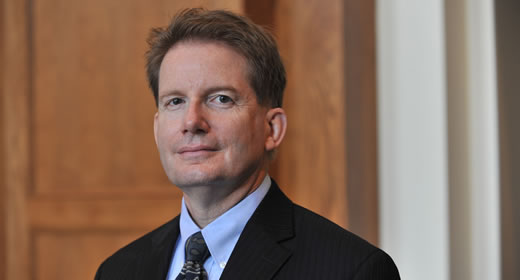
The Political Viability of Carbon Taxation
by Barry Rabe
Economists of nearly all methodological and ideological stripes concur that the best way to attempt to stave off the worst impacts of climate change is through some form of taxation on the carbon content of fossil fuels. This idea has been around for a long time. Its latest manifestation includes some form of carbon tax in order to raise government revenue as part of a grand bargain to avoid the pending fiscal cliff.
Of course, such taxes are almost invariably dismissed as political impossibilities, leading to consideration of sub-optimal policy back-ups. But is some form of carbon taxation really a political non-starter?
Findings from the Fall 2012 National Surveys on Energy and Environment (NSEE), a partnership between the University of Michigan and Muhlenberg College, suggest that there may be greater support for such a step than is commonly assumed. It found that a narrow plurality of respondents support "a policy to reduce greenhouse gases by increasing taxes on the burning of fossil fuels such as coal, oil, and natural gas for energy."In this scenario, 29 percent were strongly supportive, 19 percent were somewhat supportive, 13 percent were somewhat opposed, and 33 percent were strongly opposed. See the CLOSUP/NSEE report released today.
This hardly suggests a huge groundswell of support. Indeed, support drops further when a specific price tag for the tax is added, one that would increase fossil fuel costs by 10 percent. But these findings are generally more supportive of a carbon tax than in previous years and in most comparable studies that ask some version of this question. … continued at Brookings.edu.
[Read the full post on the Brookings Institution website]
